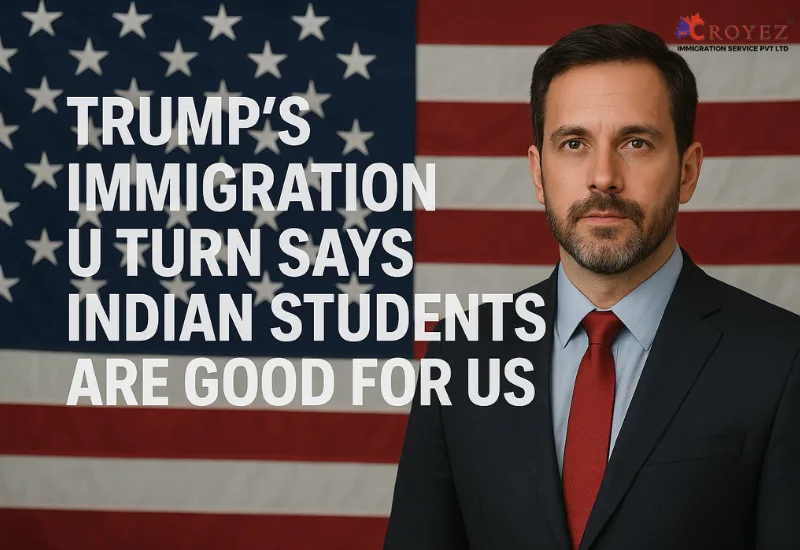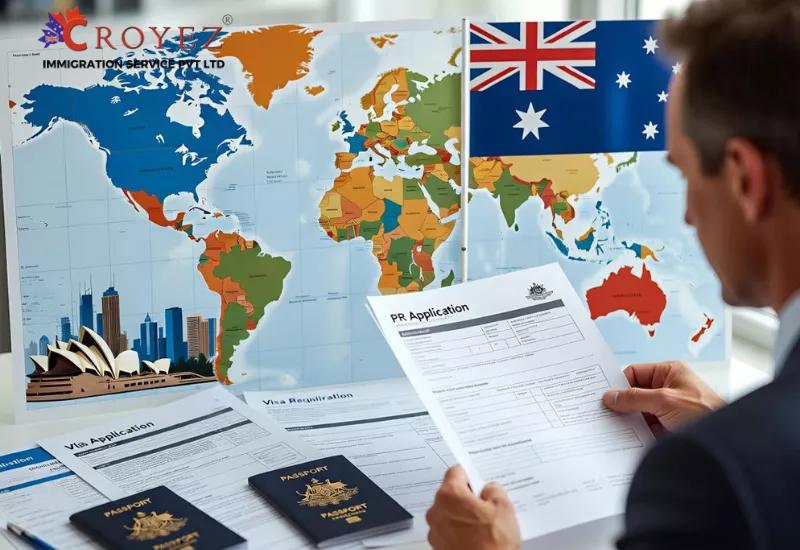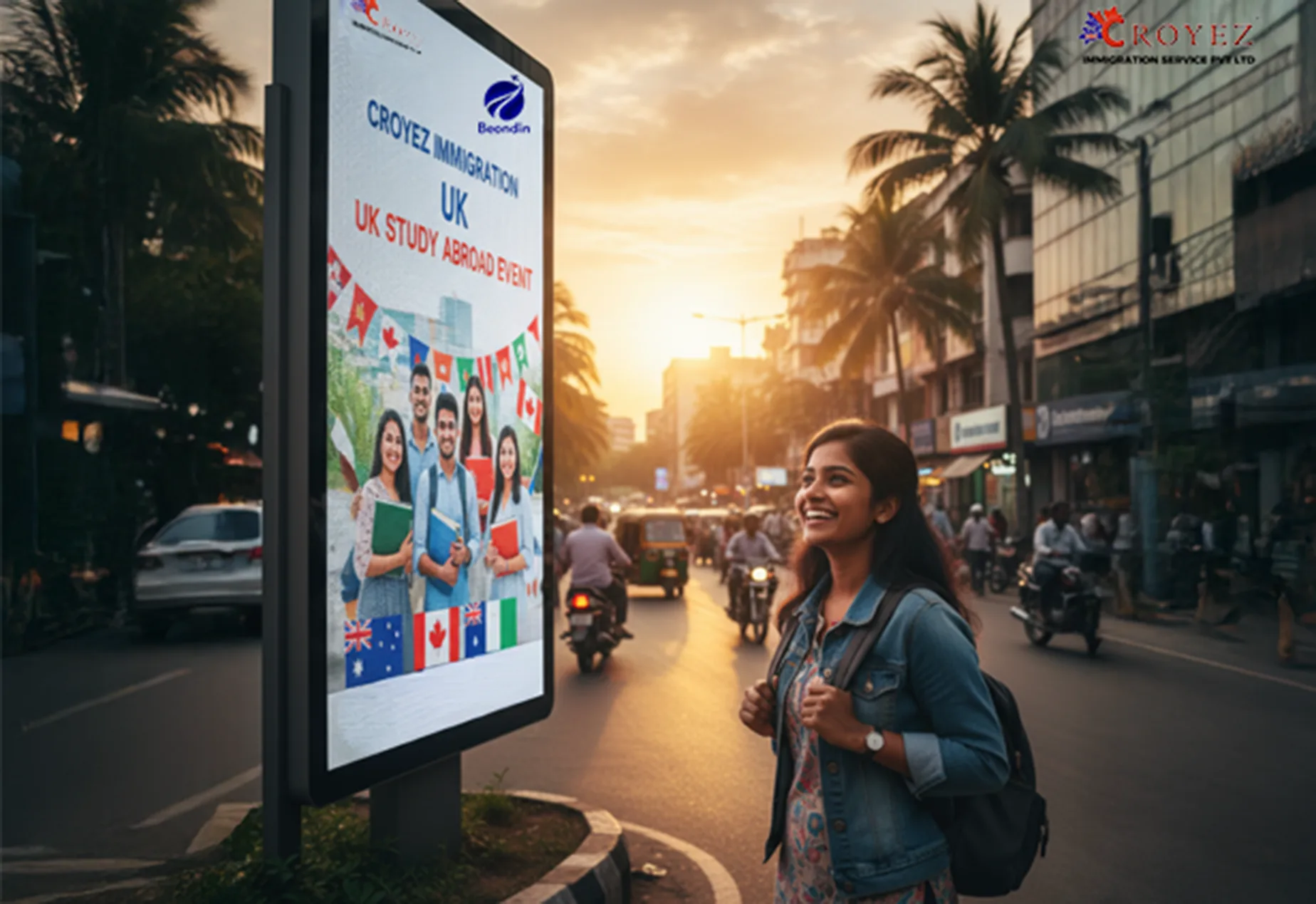Embarking on an adventure to Canada—a country celebrated for its stunning landscapes, vibrant cities, and welcoming atmosphere—starts with one important step: obtaining a visitor visa. Whether you're dreaming of wandering through the picturesque streets of Quebec, exploring the majestic Rocky Mountains, or visiting loved ones, the journey begins with a thorough understanding of the Canada visitor visa checklist. This blog is there to walk you through every aspect of securing your entry into the heart of Canada, ensuring that you're fully equipped and ready to go on your Canadian exploration. From understanding the various types of visitor visas to going through the application process, this article is your passport to a seamless Canadian adventure.
Types of Canada Visitor Visas
Canada offers several types of visitor visas, each catering to different visitor intents. Each visa type showcases specific criteria and benefits designed to enrich the visitor’s stay and ensure that their visit serves its intended purpose, thereby enhancing the mutual benefits of travel between Canada and its international guests. Some of them are:
- Tourist Visa: This is the most common route for individuals aiming to witness the breathtaking landscapes and rich cultural heritage Canada offers. Whether you're planning to marvel at the majestic Niagara Falls, explore the dynamic cities of Toronto and Vancouver, or embark on a scenic drive through the Canadian Rockies, the Tourist Visa is your gateway to these unforgettable experiences. It's perfect for short-term travellers seeking leisure and adventure in Canada’s vast expanse.
- Super Visa: Recognizing the importance of family connections, the Super Visa is a category that permits parents and grandparents of Canadian citizens or permanent residents to enjoy extended visits. This visa is a boon for families, allowing for stays of up to two years at a time without the need to renew one's status, making it an excellent option for long-term familial reunions and extended support.
- Business Visitor Visa: Tailored for professionals and businesspersons, this visa facilitates those coming to Canada for business engagements, such as negotiations, investments, partnerships, and conferences. It caters to the needs of the global business community, offering a streamlined process for those contributing to Canada's economic landscape through their professional activities and collaborations.
Canada Visitor Visa Requirements
Meeting the requirements for a Canada visitor visa is a critical step in the application process. To be eligible, applicants need to fulfil the following criteria:
- Possess a Valid Travel Document: A current passport is essential, serving as proof of your identity and citizenship.
- Maintain Good Health: Applicants should be in good health, and you may need to undergo a medical examination in some cases.
- Clear Background Checks: It's important to have a clean legal record, with no immigration or criminal violations.
- Demonstrate Strong Ties to Your Home Country: You must show evidence of significant connections to your home country, such as employment, property ownership, financial assets, or family relationships, to assure the immigration officer of your intention to return after your visit.
- Intent to Leave After Visit: Evidence or assurances that you plan on leaving Canada at the end of your authorized stay is crucial. This can be in the form of a return ticket, a detailed travel itinerary, or other documents that show your intent to return home.
Step-by-Step Application Process
Applying for a Canadian visitor visa involves several steps:
- Determine the type of visa required: Choose the visa that aligns with your visit's purpose.
- Complete the application form: Fill out the required forms for your visa type.
- Gather necessary documents: Compile the documents listed in the Canada visitor visa checklist.
- Pay the visa fee: Fees vary depending on the visa type and must be paid online.
- Submit your application: This can be done online or at a Visa Application Center (VAC).
Documents Required for Canada Visitor Visa
A successful application is based on providing the correct documents. These typically include:
- A valid passport.
- Proof of financial support during your stay.
- Letters of invitation from friends or family if you're visiting someone.
- Travel itinerary if you've planned your trip.
- Employment or business documents to prove you'll return to your home country.
Application Fees and Processing Time
Application fees and processing times for a Canada visitor visa can vary depending on the type of visa you’re applying for, making it essential to seek guidance from professional immigration consultants for the most current information.
- Application Fees: Fees for a Visitor Visa Canada can change due to updates in immigration policies or processing requirements. Immigration consultants offer valuable assistance in providing you with the latest information on all application fees. They ensure you understand the total cost of your application, including any additional charges that might be relevant to your case.
- Processing Times: The time it takes to process a visitor visa to Canada depends on several factors, including the applicant's country of origin and the overall volume of applications received. Immigration consultants have access to the most recent processing timeframes and can offer you an accurate estimate of how long your visa application might take.
Tips for a Successful Application
The application process, while straightforward, demands attention to detail and thorough preparation to increase your chances of approval. Here are some detailed tips for assembling a successful application:
- Review the Canada Visitor Visa Checklist: Before submitting your application, take the time to methodically go through the Canada visitor visa checklist. This list is your roadmap to gathering all the necessary documents required for your visa application. Missing just one document can lead to delays or even a denial of your application. Ensure that every item on the list has been accounted for and is up to date.
- Provide Clear and Concise Information: When filling out your application, clarity and brevity are your best friends. Avoid unnecessary jargon and keep your responses focused and to the point. Each answer should directly address the question, providing relevant information that supports your visa request. Remember, immigration officers review countless applications; a clear and well-structured application can stand out positively.
- Honesty and Transparency Are Key: The foundation of your visa application should be honesty. Any attempt to conceal or misrepresent facts can have serious consequences, including the denial of your visa or future applications. Be transparent about your travel intentions, financial status, and any other requested information. If there are complex or sensitive aspects of your application, such as previous visa rejections or gaps in employment, address them openly and provide a clear explanation.
- Supporting Documentation: Beyond the basic requirements, consider including additional documents that strengthen your application. Letters of invitation from friends or family in Canada, detailed travel itineraries, and proof of ties to your home country as mentioned above—such as employment details, property ownership, or family commitments—can significantly help your case. These documents provide a clearer picture of your intentions and assure the visa officers of your commitment to return home after your visit.
- Review and Revise: Before submitting your application, review it multiple times to catch any errors or omissions. If possible, have a trusted friend or family member go over it as well, as they might catch mistakes you've overlooked. Pay particular attention to dates, spelling of names, and the accuracy of contact information. A single mistake can raise questions about the credibility of your entire application.






